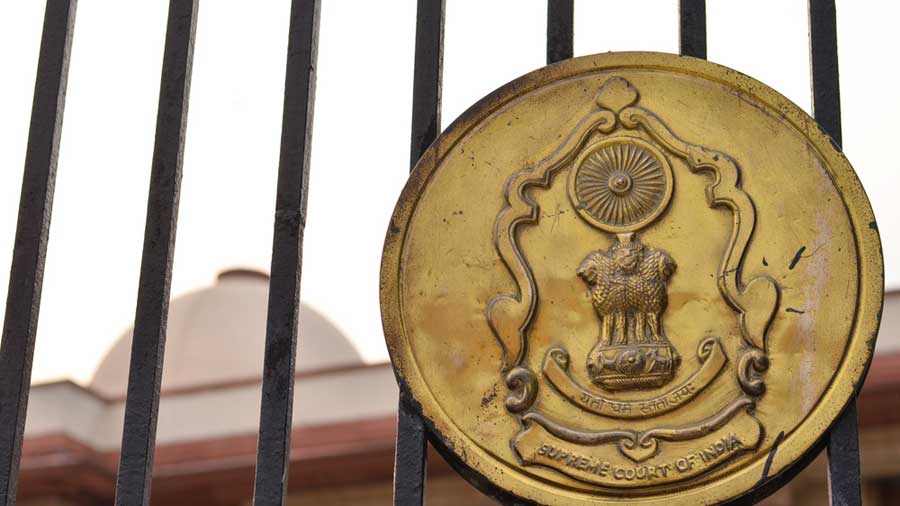It has been two-and-a-half years since the Supreme Court ordered closed-circuit television to be installed in police stations to check human rights abuses. Transparency comes reluctantly to India’s law enforcing institutions; hence even the 14 states which responded to the court’s impleading on the earlier order this September could not demonstrate adequate compliance by November 24. The Supreme Court has now ordered that every police station in each state and Union Territory be fitted with CCTV cameras with night vision and audio capacity. To emphasize accountability, the court listed the positions at which the cameras should be fixed in each police station, and insisted that the storage of recorded material should not be for less than one year, although the ideal would be 18 months. Governments are to release funds to make this possible immediately, form oversight committees according to the court’s instructions and submit in six weeks affidavits of compliance in letter and spirit within a fixed time-frame. In each police station, the station house officer would be responsible for the functioning and maintenance of the devices and report any breakdown without delay to ensure quick repair. The detailed instructions indicate the seriousness with which the Supreme Court has invested accountability; more, the insistence of compliance ‘in spirit’ could be taken as an exhortation to accord with the principles of accountable conduct. This order would be deeply heartening for citizens suffering, directly and indirectly, from the violation of rights by the guardians of law.
The court extended its order for CCTV installation to the offices of all Central agencies that conduct interrogations and arrests in the style of the police, such as the Central Bureau of Investigation, the Enforcement Directorate, the National Investigation Agency and certain others. The larger sweep of the order this time should not only be seen in the context of the tardiness of police stations to act on the Supreme Court’s 2018 direction, but also, more pertinently for social workers, dissenters, protesters and critics of governmental policies, in the context of the continuing arrests and detentions of students and of activists in various fields. Transparency has become elusive under a ruling regime that thrives on opacity and the exclusion of differing opinions. The Supreme Court’s order has ensured a route for the reassertion of democratic principles.











